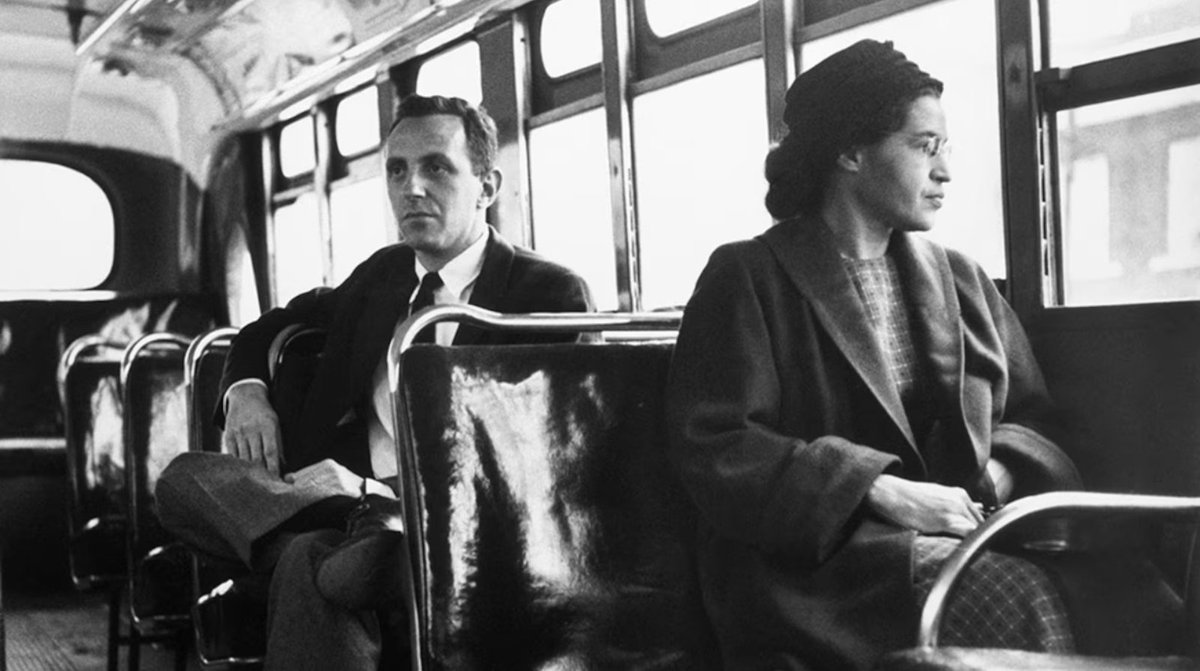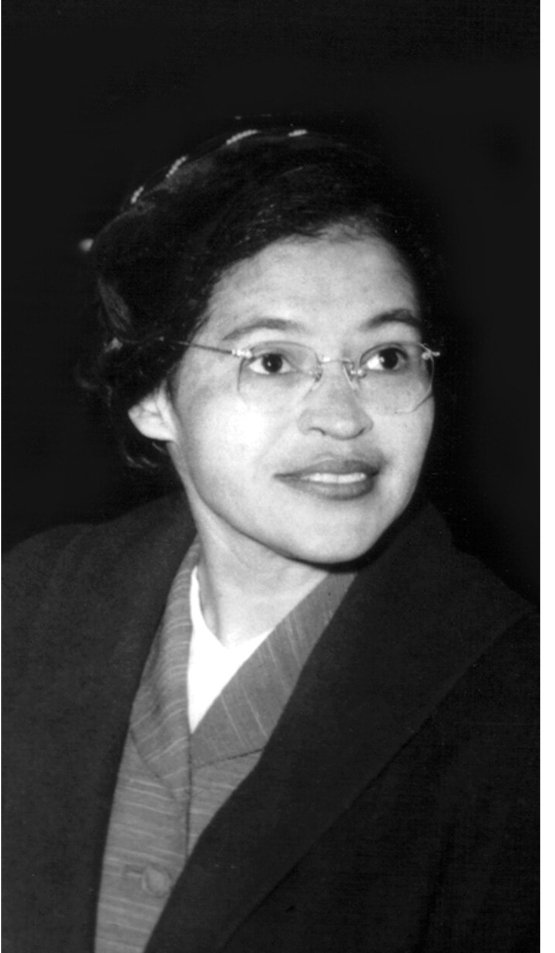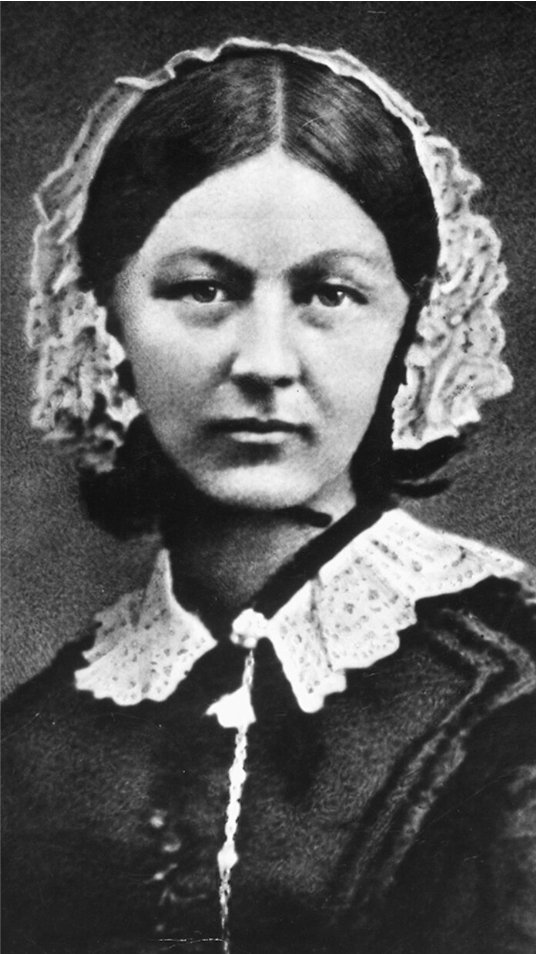
1/9
#WomensHistoryMonth
Rosa Parks:
How her refusal to give up her seat sparked a movement
BY: C.M. TOMLIN
#WomensHistoryMonth
Rosa Parks:
How her refusal to give up her seat sparked a movement
BY: C.M. TOMLIN

2/9
Rosa Parks stood up for African Americans—by sitting down.
Although Abraham Lincoln’s 1863 Emancipation Proclamation granted slaves their freedom, for many years Black people were discriminated against in much of the United States.
Rosa Parks stood up for African Americans—by sitting down.
Although Abraham Lincoln’s 1863 Emancipation Proclamation granted slaves their freedom, for many years Black people were discriminated against in much of the United States.
3/9
In southern states, for instance, most Black children were forced to attend separate schools from white kids in classrooms that were often rundown, with outdated books.
In southern states, for instance, most Black children were forced to attend separate schools from white kids in classrooms that were often rundown, with outdated books.

4/9
African Americans also couldn’t eat at the same restaurants as white people and had to sit in the back seats of public buses. Segregation—the separation of races—was enforced by local laws.
African Americans also couldn’t eat at the same restaurants as white people and had to sit in the back seats of public buses. Segregation—the separation of races—was enforced by local laws.
5/9
Rosa Parks was born on February 4, 1913. On December 1, 1955, she boarded a city bus in Montgomery, Alabama and sat in the middle, where Black passengers in that city were allowed to sit unless a white person wanted the seat.
Rosa Parks was born on February 4, 1913. On December 1, 1955, she boarded a city bus in Montgomery, Alabama and sat in the middle, where Black passengers in that city were allowed to sit unless a white person wanted the seat.
6/9
As the bus filled with new riders, the driver told Parks to give up her seat to a white passenger. She refused. The driver called police, and Parks was arrested.
As the bus filled with new riders, the driver told Parks to give up her seat to a white passenger. She refused. The driver called police, and Parks was arrested.

7/9
Her arrest sparked a major protest. For more than a year, most Black people in Montgomery stood together and refused to take city buses. (One of the leaders of the boycott was a young local pastor named Martin Luther King, Jr.)
Her arrest sparked a major protest. For more than a year, most Black people in Montgomery stood together and refused to take city buses. (One of the leaders of the boycott was a young local pastor named Martin Luther King, Jr.)
8/9
Public vehicles stood idle, and the city lost money. Still, the Montgomery Bus Boycott didn’t end until a 1956 Supreme Court decision ended racial segregation on public transportation throughout the United States.
Public vehicles stood idle, and the city lost money. Still, the Montgomery Bus Boycott didn’t end until a 1956 Supreme Court decision ended racial segregation on public transportation throughout the United States.
9/9
Parks died on October 24, 2005. But throughout her life, her refusal to give up her seat inspired many others to fight for African-American rights and helped advance the civil rights movement of the 1950s and '60s.
Parks died on October 24, 2005. But throughout her life, her refusal to give up her seat inspired many others to fight for African-American rights and helped advance the civil rights movement of the 1950s and '60s.

• • •
Missing some Tweet in this thread? You can try to
force a refresh









